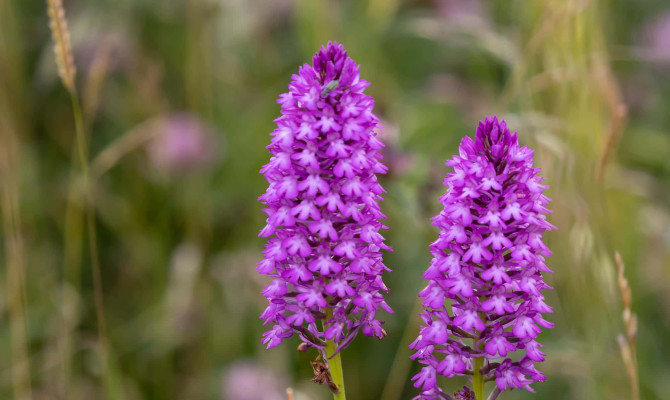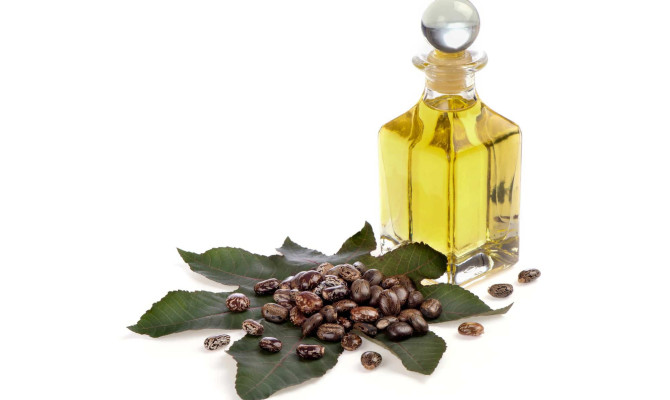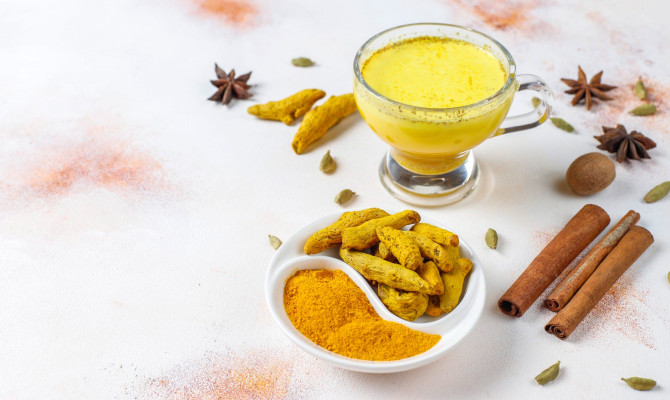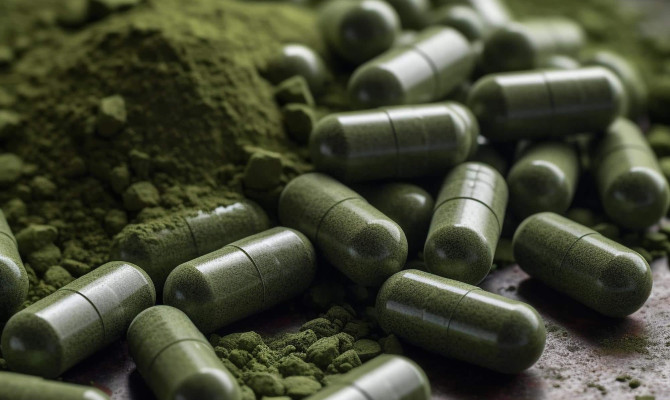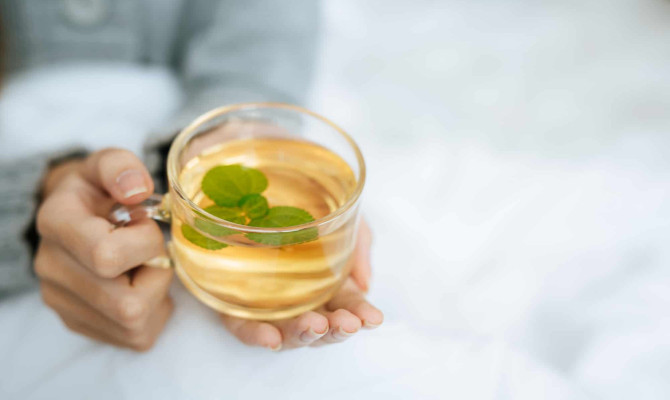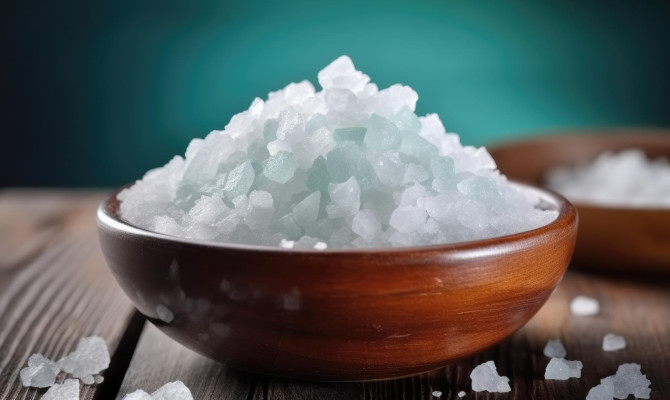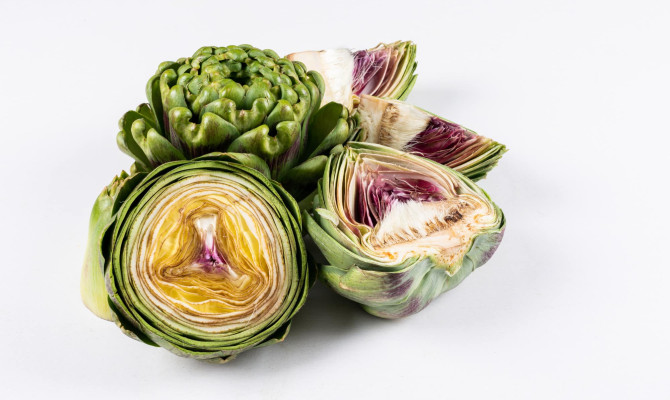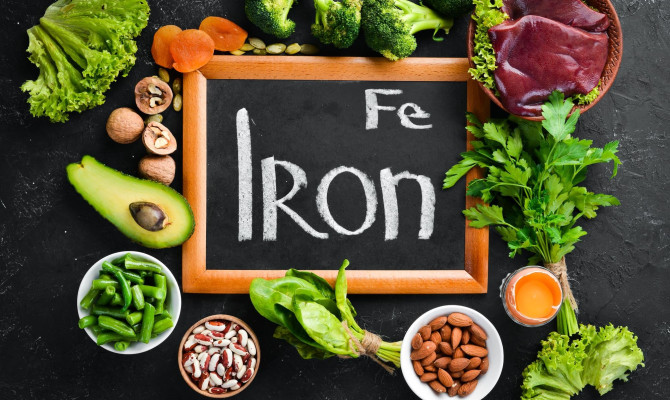Aloe Vera and its benefits

- Aloe Vera
- 14 Aug 2023
Overview
What is Aloe Vera?
Aloe vera (Aloe barbadensis) is a spiky evergreen perennial (persistent) plant with fleshy and thickened parts. It grows in dry places with a hot climate, such as Africa, Asia and some parts of the United States of America. There are around 300 aloe plant species, of which aloe vera is the most beneficial plant with much goodness. 1Overview| Researched based study from Sciencedirect.com

Facts
Facts about Aloe Vera
- Aloe Vera name is derived from the Arabic word ‘Alloeh’ (shining bitter) and the Latin word ‘Vera’ (True)
- Aloe Vera is also commonly known as elephant’s gall, burn plant, lily of the desert, Kathalai(in Ayurvedic drugs), Lu Hui(in Chinese medicines) and Ghritkumari(in the Hindi language)
- In ancient times years ago, Greeks considered Aloe Vera the remedy for all diseases.
- The Egyptian people termed Aloe Vera an immortal plant
- From eras, Aloe Vera has been identified for its goodness in skin beauty, health and medicines
- Aloe Vera is mainly cultivated on a large scale for commercial purposes
- Aloe Vera is used in commercial products such as skin lotion, medicated creams, gels and drinks and is obtainable as face creams, soaps, shampoos, body creams, medicated ointments, health supplements and herbal juice form 2Facts| Researched based study from Sciencedirect.com
Useful Parts of Aloe Vera
Aloe leaf
The plump leaves of aloe vera contain a gel-like substance that is used for preparing derma (skin) ointments, oral medicines (capsule or liquid form) and liquid drinks.
Aloe latex
Latex is the sticky substance found below the leaf surface and has a laxative (chemical to help in stool mobility) effect that can be used to treat complicated bowel movements.
Components
Active components of Aloe Vera
Aloe vera mainly comprises water (95%), and only 5% of it consists of solid compounds
Active components in Aloe Vera juice
- Folic acid
- Beta carotene
- Magnesium
- Calcium
- Vitamins A, C, and E
Nutrients in Aloe Vera plant
- Polysaccharides
- Vitamins A,B, C and E
- Iron
- Sodium
- Calcium
- Zinc
- Copper
- Manganese
- Fatty acids
- Amino acids such as saponin glycosides, leucine, and isoleucine
- Enzymes (such as alkaline phosphatase, peroxidase, and amylase) 10Components | Researched based study from Nlm.nih.gov
Other actives present in Aloe Vera are:
Choline
- Choline is essential nutrient made in the liver and also found in foods and helps in proper heart, liver and brain functioning 10Components | Researched based study from Nlm.nih.gov
Anthraquinones
- It is a natural phenolic compound used in some medicines 10Components | Researched based study from Nlm.nih.gov
Acemannan
- It is a polysaccharide used for wound healing
Lectins
- It is a carbohydrate-binding protein that help fight cancer 10Components | Researched based study from Nlm.nih.gov
Mucilage
- Mucilage is soluble fiber and helpful in losing weight 10Components | Researched based study from Nlm.nih.gov
Germanium
- A metallic compound also found in garlic
- Enhances the body’s immunity10Components | Researched based study from Nlm.nih.gov
Lignin
- Hydrocarbon polymer
- Help in penetrating different ingredients in the skin10Components | Researched based study from Nlm.nih.gov
Saponin
- It is a steroid
- Has cleansing and disinfectant properties 10Components | Researched based study from Nlm.nih.gov
Salicylic acid
- It is a natural compound
- Used to treat skin disorders
Properties
Properties of Aloe Vera
- Anti-inflammatory – it prevents swelling and redness .
- Anticancer – prevents tumor formation
- Antioxidant – enhances body to fight infections
- Antimicrobial- prevents infections
- Antiallergic – prevents hypersensitive reactions
- Enhances the body’s immune response against infections 2Properties| Researched based study from Sciencedirect.com
Benefits

Benefits of Aloe Vera
Improves digestion
- It cures stomach problems like abdominal pain, stomach gas, and constipation.
- Help prevent the growth of harmful bacteria (viz; H. Pylori bacteria) that cause boils in the alimentary canal.
Enhances oral health
- Aloe Vera containing toothpaste has shown positive mouth effects .
- Lowers levels of candida (fungus infection), gingivitis (gum disease) and plague (bacterial infection)3Benefits| Researched based study from Nlm.nih.gov
Treats acne
- It helps clear acne
- It lessens skin irritation
- It lowers swelling, redness and pain of the boils 4Benefits| Researched based study from Tandfonline.com
Cures burn
- It has cooling and hydrating properties
- It helps give comfort and relieves the pain in the burn area
Relieves sun-burn inflammation
- Aloe vera has anti-inflammatory and cooling properties
- The Glucomannan component of aloe vera has renewal properties and helps reduce sunburn
Treats anal fissure (small cut in the anal canal lining)
- Relieves pain caused due bleeding after defecation
- It restores the cut area 5Benefits| Researched based study from Nlm.nih.gov
Controls blood sugar
- It maintains the optimum serum glucose in diabetic-prone individuals
- Reduces glucose absorption in the alimentary tract
- Lessens the glucose production 6Benefits| Researched based study from Wiley.com .
Lowers blood pressure
- Aloe vera has anti-oxidant anti-inflammatory components (aloin and emodin)
- Reduces the systolic and diastolic blood pressures 7Benefits| Researched based study from Nlm.nih.gov
Delays skin ageing
- Aloe vera has mucopolysaccharides having anti-ageing and hydrating properties.
- It also has fibroblast connective tissue that increases elastin fibre production.7Benefits| Researched based study from Nlm.nih.gov
- Thus, it helps give a compact and youthful look and prevents premature thin lines formation in the face.
Soothes heartburn
- Aloe vera relieves the symptoms of acid reflux ( Stomach acid travelling back to the oesophagus)
Relieves skin irritation
- Aloe Vera has antifungal, antibacterial and hydrating properties
- It helps control red itchy skin conditions of eczema disease (skin disease)7Benefits| Researched based study from Nlm.nih.gov .
Improves irritable bowel syndrome (IBS)
- Irritable bowel syndrome causes intestinal infection with pain and changes in bowel movement.
- The anti-inflammatory properties of aloe vera improve the symptoms of IBS
Relieves constipation
- Aloe vera has anthraquinones which act as a natural laxative
- It improves bowel irregularities
Medical benefits of aloe vera (in gel form)
- Surgical wounds
- Skin blisters
- Mouth abscess (sores)
- Skin rashes ( swelling and redness)
- Bedsores(painful damage to the skin due to prolonged bed rest)
- Psoriasis (skin disorder causing rash and itching)
- Herpes(viral infection that causes boils) in the genitals(private parts)
- Cold sores
- Eczema 7Benefits| Researched based study from Nlm.nih.gov
Adverse effects
Adverse effects of Aloe Vera
- Skin irritation
- Nausea and vomiting
- Lowering of potassium level in blood
- Imbalances of electrolytes such as sodium, potassium, magnesium and calcium
- Kidney malfunctioning
- Diarrhea (passing of watery stool)
- Weakness in muscles
Interaction
Interaction of Aloe Vera with medicines
Medicines that can be affected by Aloe Vera use :
Anticoagulant drugs
- Aloe prolongs the blood clotting process. So consuming aloe with other anticoagulants may further delay the clotting process leading to increased bleeding risk.
Medicines treating diabetes
- Consuming aloe gel reduces the sugar level.
- So consuming aloe gel with antidiabetic medicines may further lower the glucose level in our body, causing hypoglycemia (low body glucose)
Corticosteroids
- Aloe consumption may increase the risk of side effects of corticosteroid drugs.
Lanoxin
- Aloe latex consumed orally
- can cause diarrhea
- It can decrease potassium levels in the body, and
- lower potassium can, in turn, increase other side effects of the Lanoxin medicine
Coumadin
- Aloe latex (a natural laxative) causes diarrhea raising the Coumadin effects and increasing bleeding risk.
Sevoflurane
- Aloe Vera has antiplatelet (prevent blood clotting) ability. So taking sevoflurane, also an antiplatelet drug, may further delay the blood clotting process leading to profuse bleeding.
Laxatives
- Aloe latex is a natural laxative, so consuming it with other laxatives can cause
- Increased diarrhea
- Decreased level of potassium
Diuretic medicines
- Aloe latex, a laxative, causes diarrhea and lowers the potassium level in our body.
- So consuming aloe latex with diuretics further decreases the body’s potassium level.
Herbal supplements
- Like aloe vera, herbal supplements also reduce blood clotting. So consuming both together can delay the blood clotting process.
Precautions
Precautions related to Aloe Vera usage
Health conditions to avoid aloe vera consumption
- In Diabetes
- In Nephrotic syndrome (kidney disorder)
- In Cardiac issues(heart problem)
- Ulcerative Colitis (infection of the bowel that causes boils, swelling and redness)
- Crohn’s disease(a bowel disease that causes irritation and swelling of the gastrointestinal tract)
- Intestinal obstruction (blockage that prevents food and liquid passage through the intestine)
- Piles problem (painful swollen veins in the lower part of rectum and anus) 8Precautions| Researched based study from Nlm.nih.gov .
- People allergic to tulips, garlic, and onions are more likely to be allergic to aloe vera.
- Avoid aloe vera application on severe burns and extensive cut
- Aloe vera stains the colon, so it should be avoided before undergoing a colonoscopy
- Aloin containing aloe vera gel for topical or oral use can irritate the digestive tract and can cause diarrhea and stomach pain
- Pregnant and nursing mothers should avoid aloe vera supplements due to lack of evidence on their safety 9Precautions| Researched based study from Sciencedirect.com .
Any feedback on this article?
 This Articles content was accurate
This Articles content was accurate Very Informative Article
Very Informative Article I have a question or a comment
I have a question or a comment
 This article contains inaccurate content
This article contains inaccurate content This article was not helpful
This article was not helpful I have a question or a comment
I have a question or a comment
We appreciate your helpful feedback!
Checkout our social pages
References
-
Science Direct
Aloe Vera - An overview | Overview
-
Science Direct
Aloe vera: Ancient knowledge with new frontiers | Facts | Properties
-
National Library of Medicine
Antiplaque, Antifungal Effectiveness of Aloevera Among Intellectually Disabled Adolescents: Pilot Study
-
Taylor and Francis Online
Effect of Aloe vera topical gel combined with tretinoin in treatment of mild and moderate acne vulgaris: a randomized, double-blind, prospective trial | Benefits
-
National Library of Medicine
Effects of Aloe vera cream on chronic anal fissure pain, wound healing and hemorrhaging upon defection: a prospective double blind clinical trial | Benefits
-
Wiley Online Library
Effect of Aloe vera on glycaemic control in prediabetes and type 2 diabetes: a systematic review and meta-analysis
-
National Library of Medicine
Emollient treatment of atopic dermatitis: latest evidence and clinical considerations | Benefits
-
National Library of Medicine
Aloe vera: A review of toxicity and adverse clinical effects | Adverse effects
-
Science Direct
https://www.sciencedirect.com/science/article/pii/S2225411014000078 | Precautions
-
National Library of Medicine
ALOE VERA: A SHORT REVIEW | Active Components












